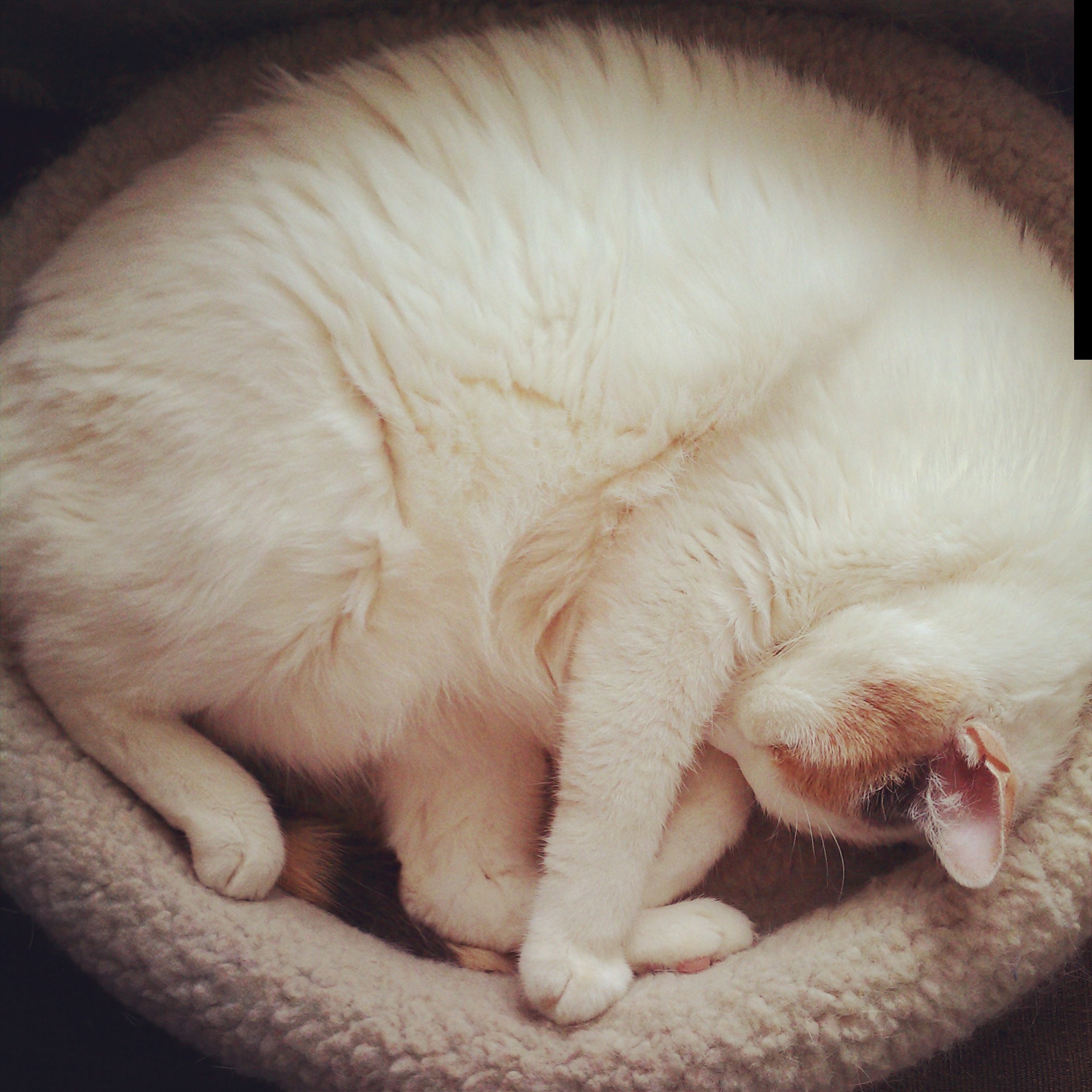Winter has been around forever, right? It's so much easier to want to sleep during the winter months, when the nights are longer than the days. When my patients come to me complaining of poor sleep I have several standard things that I share with them, and I thought that the tail-end of winter was a good time to give these thoughts a wider audience.You probably know sleep is a very important thing for you to get enough of, right up there with water, food, and exercise. Sleep is the time when your body resets, heals itself, and your mind sorts through your day and comes out refreshed and ready to start a new one. But what if you have a hard time getting to sleep, or staying asleep? Nighttime might be a really frustrating time for you."Sleep hygiene" just means designing your sleeping habits to maximize your ability to get quality rest. Think about your sleeping area--does it get dark in that room? Is it quiet enough at night? Is it just a little cooler than body temperature? Are there any unusual smells that might invade the space (as in from a litter box or kitchen trash can)? Last, do you feel good about your sleeping area? This might be a little "out there," but I believe that the way you feel about your bed or sleeping area can affect the quality of your sleep. If there are any frustrations at all about the bed or its surroundings, you might be carrying those feelings into slumber with you. Say you've been meaning to get a new mattress, one that doesn't have a big dip in the middle. Say your pillows are old or kind of smelly. Treat yourself to some new sheets (or at least fresh and clean ones), some nice pj's you can enjoy putting on, and maybe even a white noise machine.Next, think about what time you go to bed. It's common knowledge that our bodies like to get ready for bed at the same time every night. If you are heading to bed at completely different hours every night, you're probably confusing the sleep cycles of your brain.Another way we in the modern age confust our brains is with glowing screens--our tv's, computers, and phones. Do you spend a lot of time before bed staring at one? Allowing that quality of light to shine into your eyes at night could be telling your brain that it's still daytime, which leads to your body needing more time after you switch everything off to ready itself for sleep. If you really can't get away from the computer or phone before bed, consider an app that will red-shift the light coming out of the screen so that it isn't the same color temperature as sunlight. I use f.lux on my computer, and Twilight on my phone, both of which red-shift the screen after sunset so I'm not fooling myself into thinking it's daytime. Better yet, shut down all devices an hour before you go to bed.  What do you do in your bed in addition to sleeping? Do you read there? Watch tv or eat snacks? If you're really having a hard time getting good rest, try to keep all of those activities out of the bedroom. When you go into that room, your body will eventually start to believe that you're going there for one purpose--a good night's rest. It's a wonderful gift to give yourself, and one you can enjoy all day long.
What do you do in your bed in addition to sleeping? Do you read there? Watch tv or eat snacks? If you're really having a hard time getting good rest, try to keep all of those activities out of the bedroom. When you go into that room, your body will eventually start to believe that you're going there for one purpose--a good night's rest. It's a wonderful gift to give yourself, and one you can enjoy all day long.